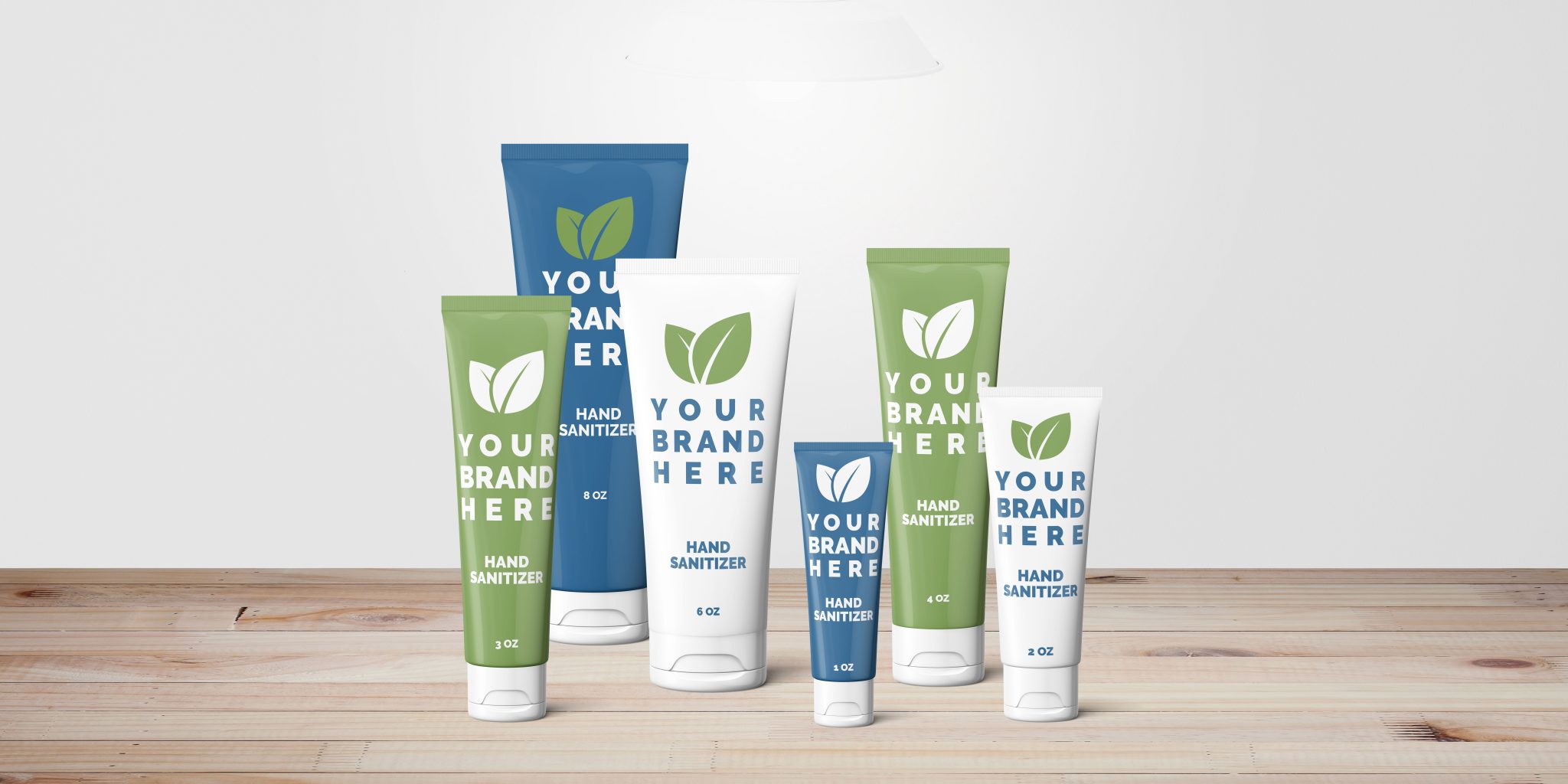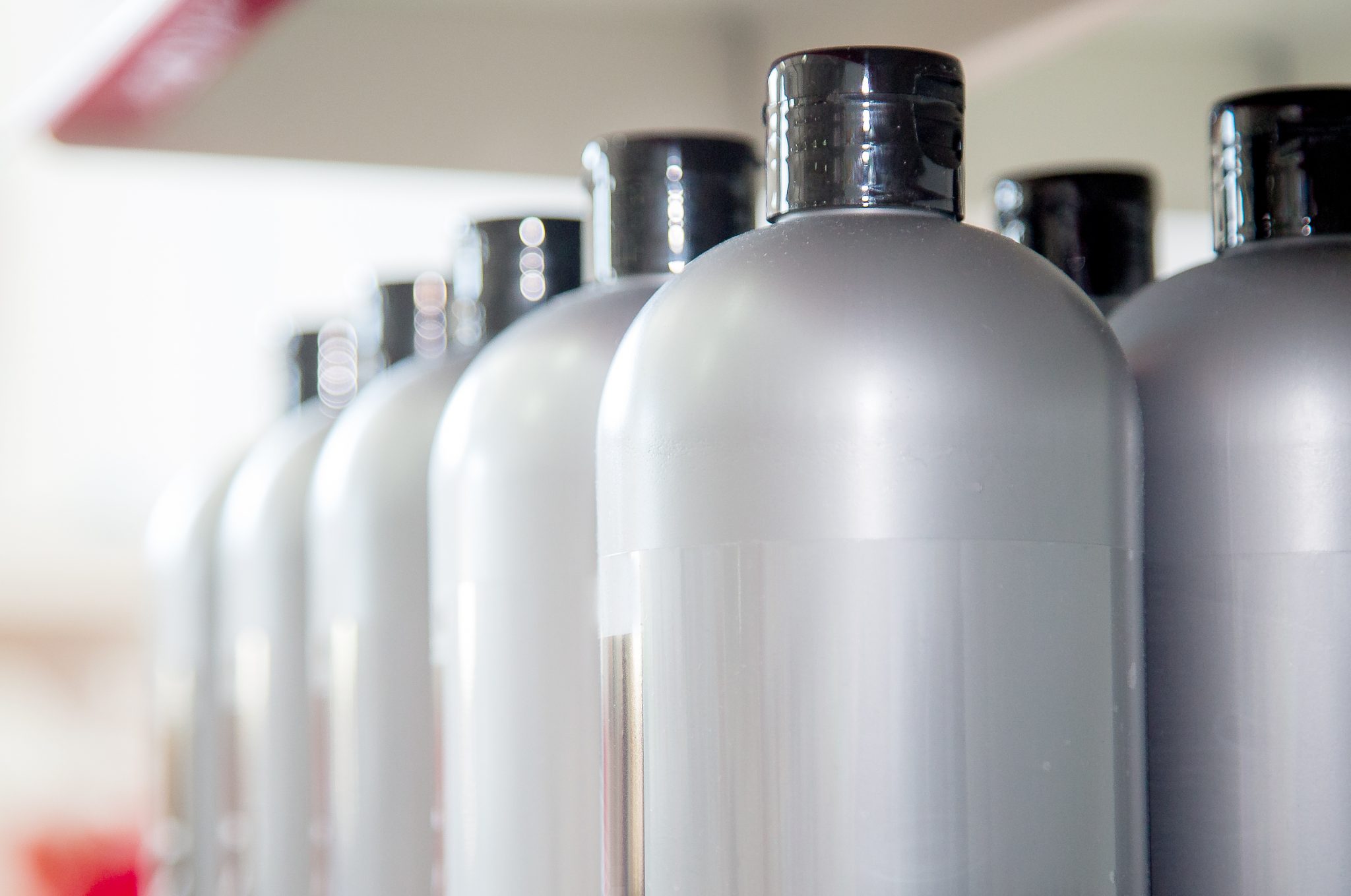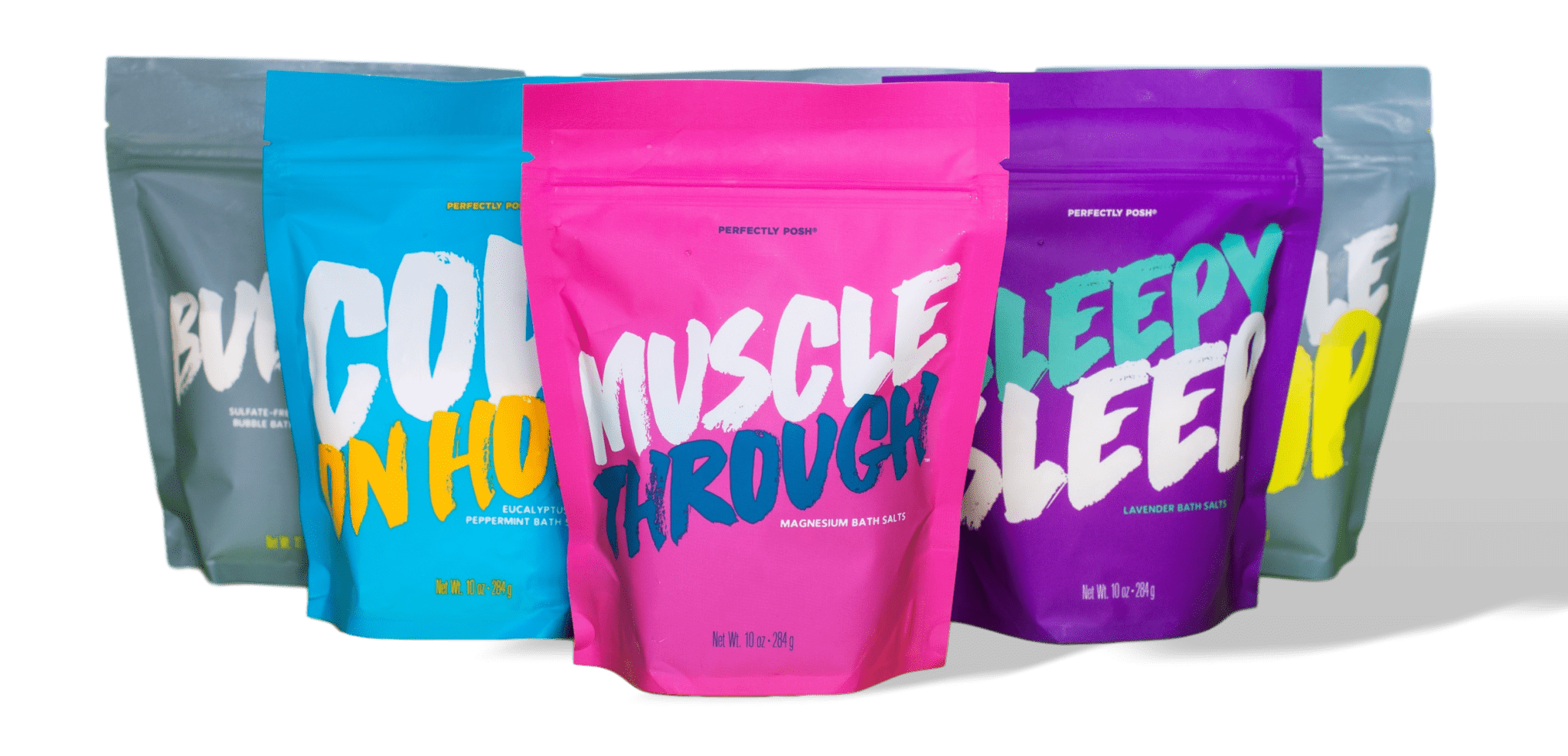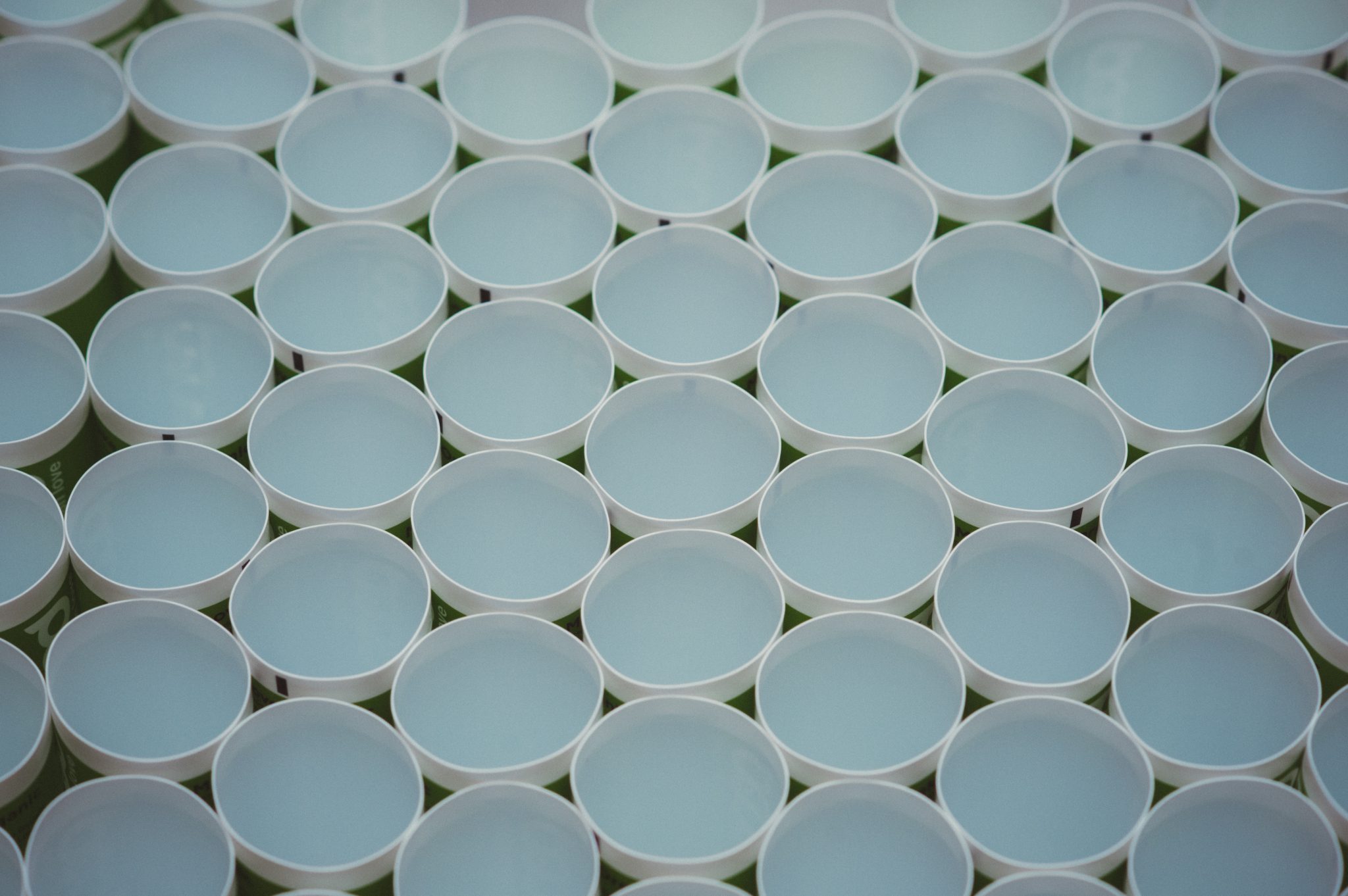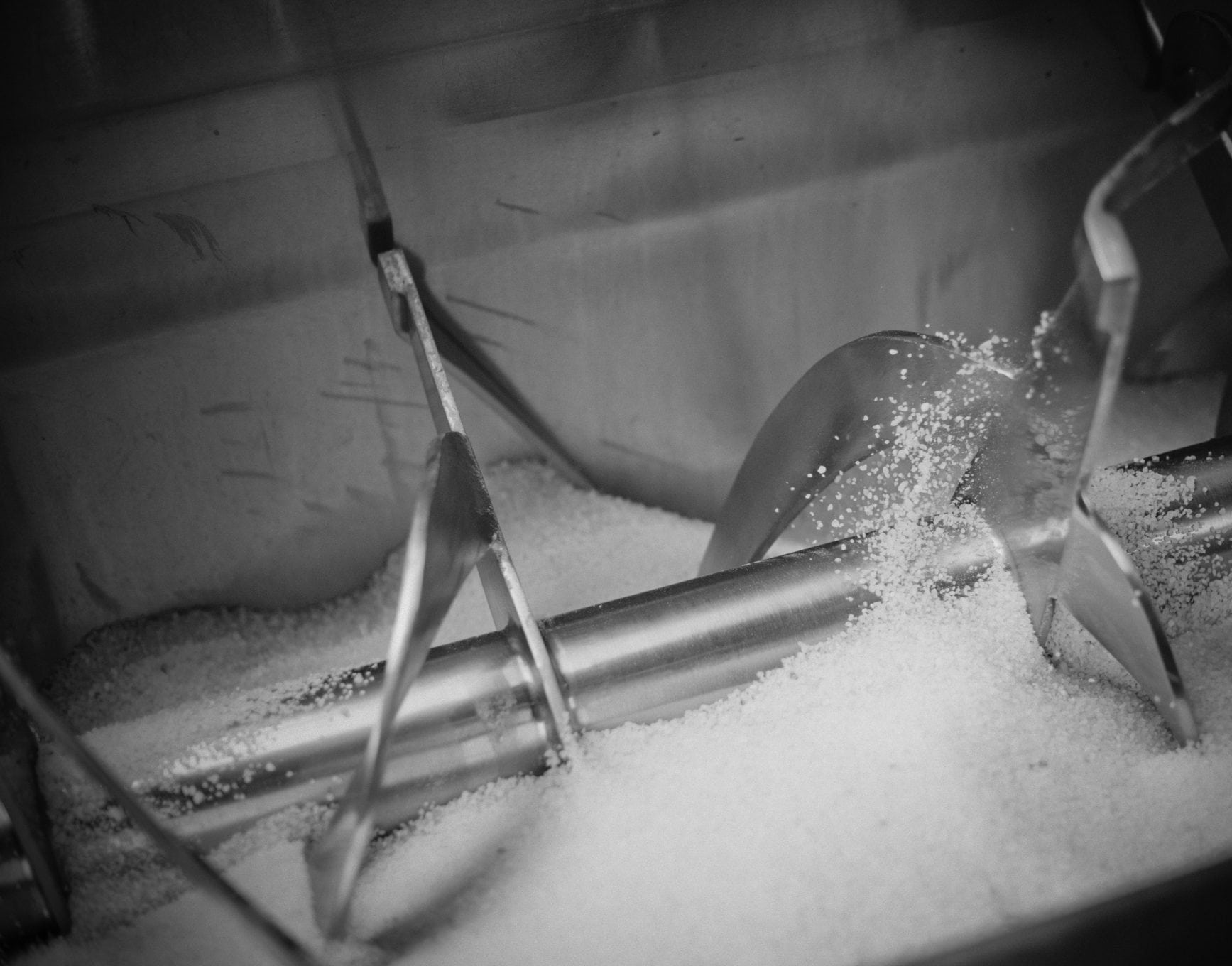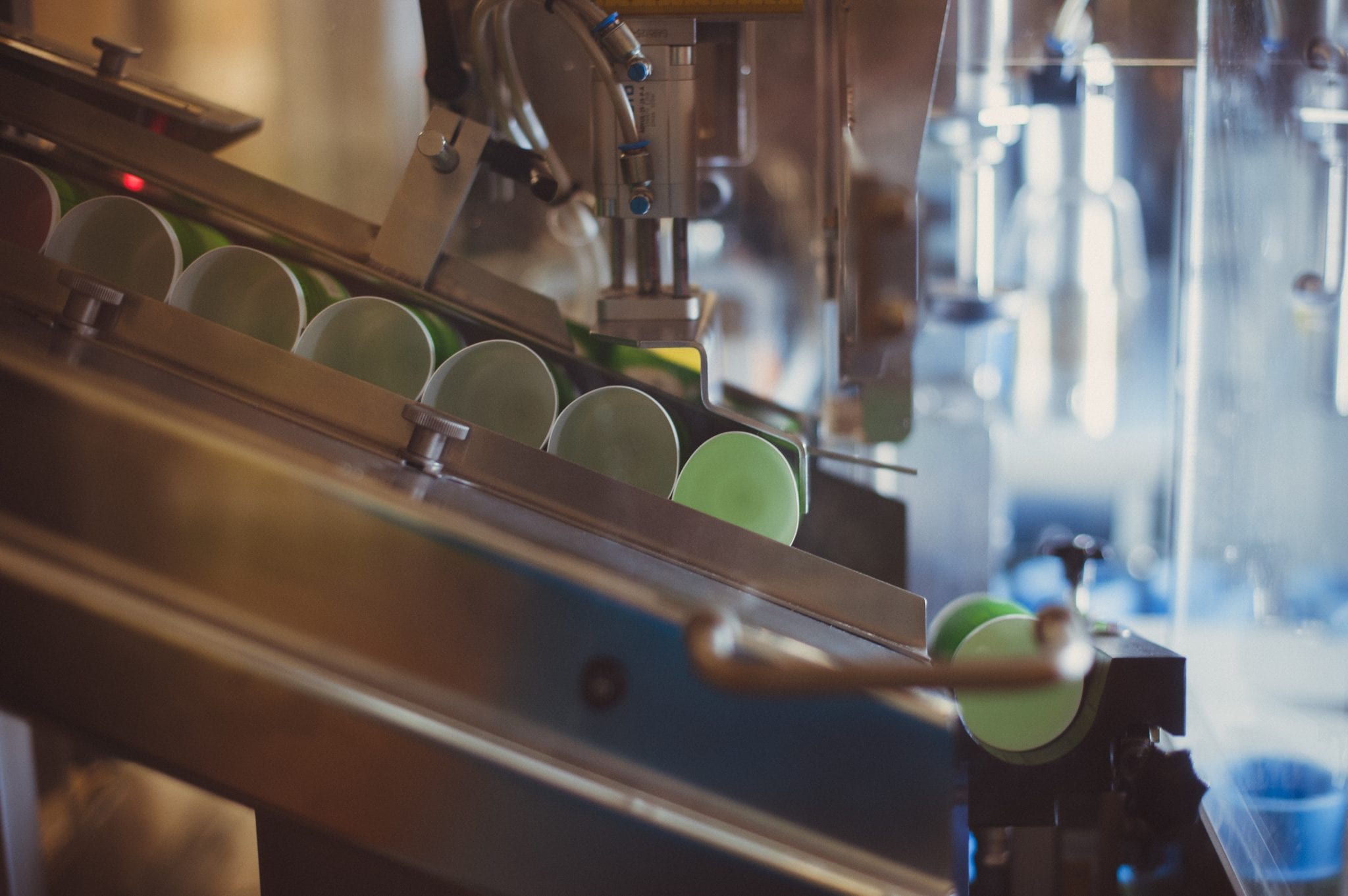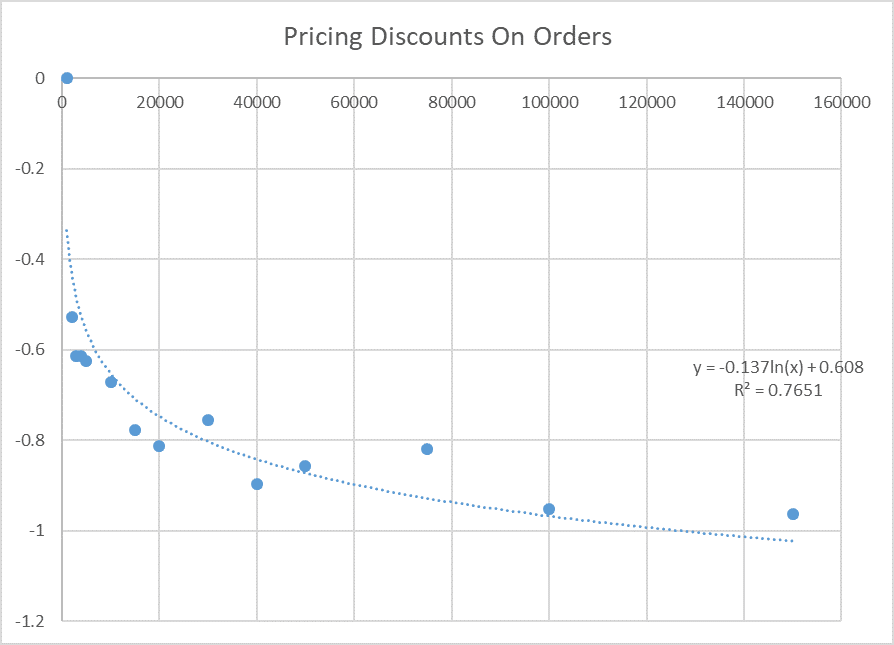Our tube filling service is our guaranteed fastest, cheapest, most convenient service. Tubes come to our factory,...
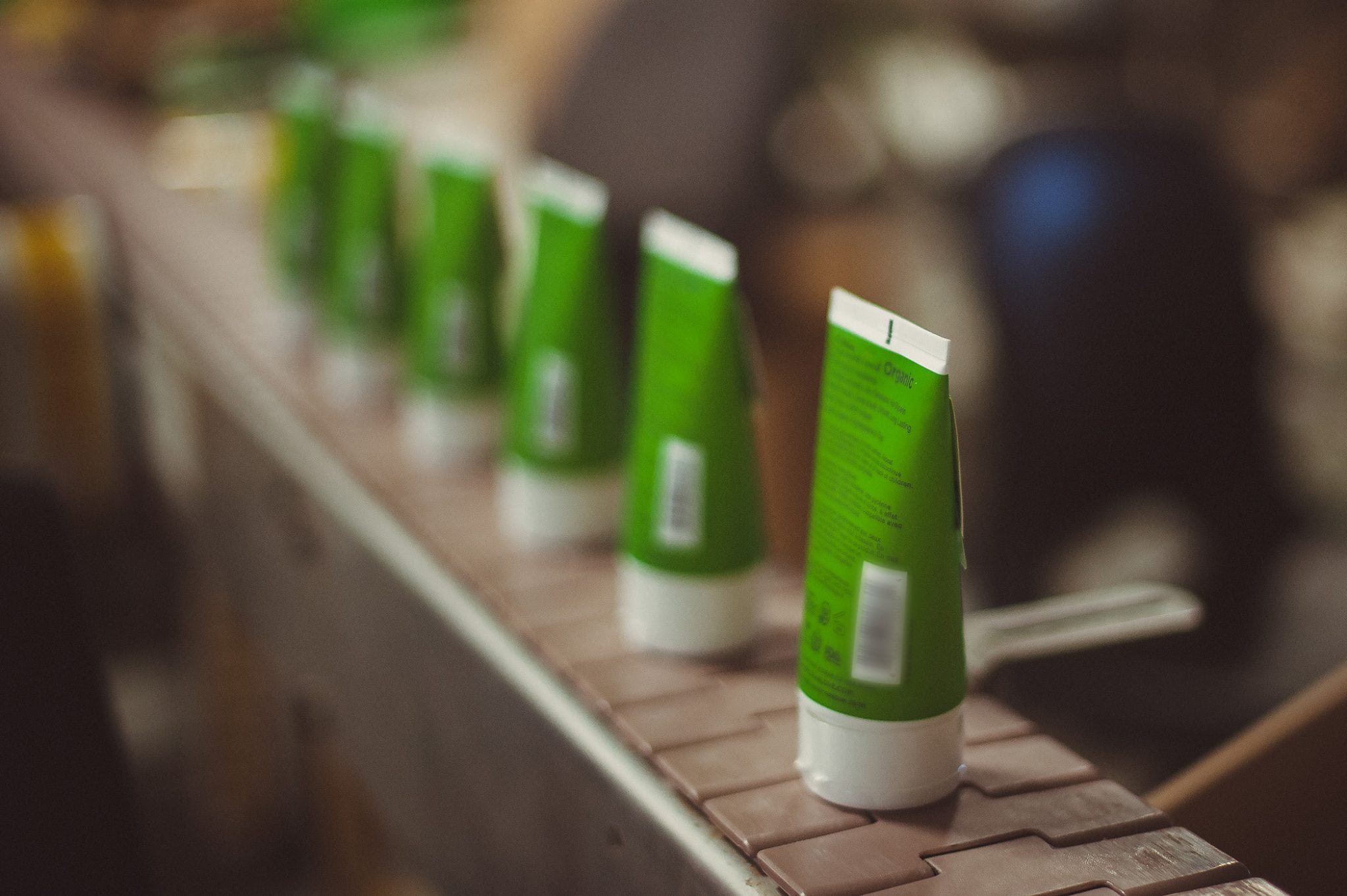
Your Lead Times for Personal Care Products
Introduction
BPI Labs has created lead times for the compounding and the filling of personal care product that will get your private label brand onto the shelf in a matter of weeks. Discover BPI Lab’s lead times for the three private label manufacturing methods to find the method that will suit your needs.
You will read the following in this post:
- The variety of production modes (bulk, not-turnkey, turnkey)
- The lead times for each mode
- Tips for improving lead times
Manufacturing Modes
BPI Labs has three manufacturing modes and each have their own lead-time.
Turnkey Manufacturing
This manufacturing mode has BPI Labs purchasing your packaging, filling your product, and retaining the leftovers in its warehouse. Our service objective is to have our customer’s product to them in 6 – 8 weeks from the time that our customer submits their purchase order. This provides BPI Labs with multiple weeks to receive materials and a few weeks to fill and perform quality assurance.
Not-Turnkey Manufacturing
This manufacturing mode has BPI Labs purchasing ingredients and standing by to receive the packaging materials after our customer orders them. Our lead time here is also 6 – 8 weeks, but with an important distinction: the lead time begins after BPI Labs receives all the packaging for a job.
Bulk Manufacturing
Bulk manufacturing has BPI Labs filling cosmetic product into bulk containers, which include 5 gal. buckets, 55 gal. barrels, and 350 gal. totes. The manufacturing lead time is typically shorter: 4 – 8 weeks.
Improving Lead Times
Our lead time guarantee only works under ideal circumstances. Obviously, if our customer is not using turnkey manufacturing but would still like their product filled by BPI Labs, it becomes crucial that packaging arrive quickly in order to begin the 6 – 8 week lead time. Whenever our customer’s private label product calls for materials that might require significant delay, like glass bottles on boat from Italy, then the 6 – 8 week lead time won’t be met, even with turnkey manufacturing. Finally, BPI Labs sets up prepayment terms with its customers, and not meeting those terms will delay the lead time until those terms are met.
Here are a few more tips for improving lead times:
- Lead times will be improved by choosing prepayment terms that are simpler and less likely to be forgotten.
- Using blanket purchase orders that cover multiple orders throughout the year enables BPI Labs to have packaging and ingredient material suppliers stock material nearby.
- Also using BPI Labs’ preferred suppliers allows our customers to benefit from a reliable relationship and purchase from a supplier who is usually closer to BPI Labs geographically, consequently decreasing shipping times.
Conclusion
BPI Labs’ goal is manufacture your product in 6 – 8 weeks. However, your lead time depends on the manufacturing mode you choose and any issues in sourcing materials for you product. Improving lead times is possible by working with a project manager at BPI Labs to assess your supply chain and develop a plan to get your product on your schedule.
Our Blogs
Tube Filling Service
Bottle and Jar Filling Services
Your formula possibilities are extensive with our array of bottle and jar filling equipment. Your product, wet or dry,...
BPI Labs Makes Bath Salts, Scrubs, and Powders
Bath salt, scrubs, and powder manufacturing at BPI Labs BPI Labs offers bulk production and filling services for all...
